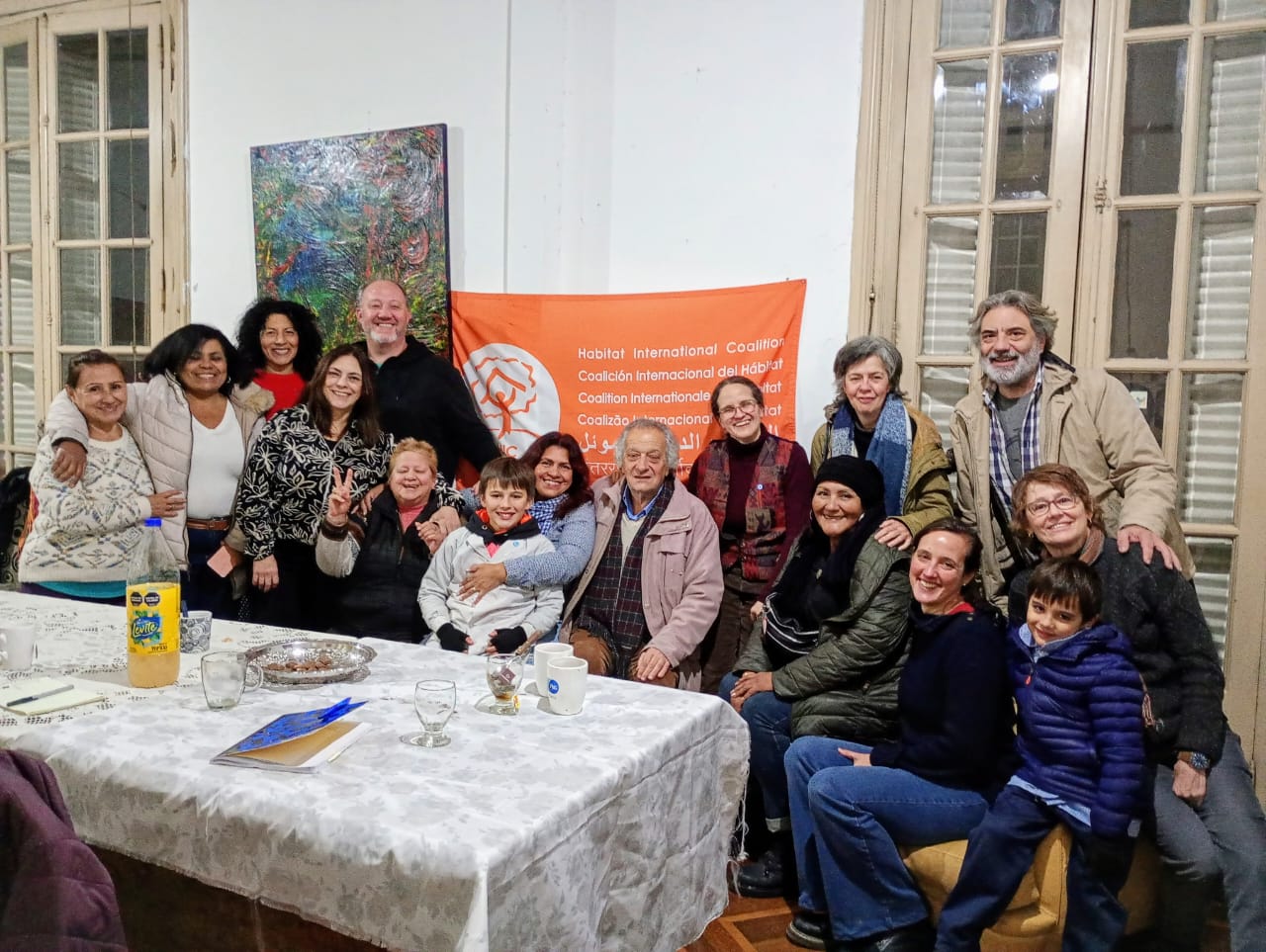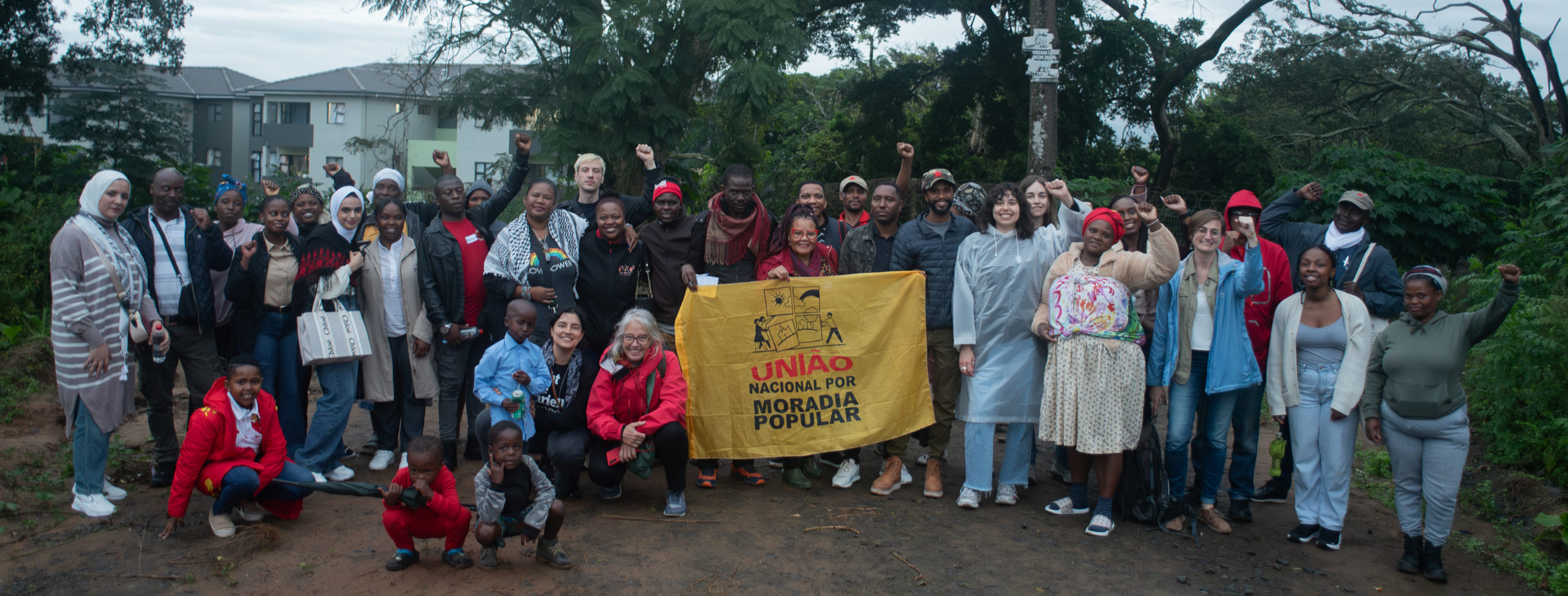Oct 18, 2007 04:30 AM
Joanna Smith
Staff Reporter
A United Nations special envoy set to arrive in Toronto as part of an
investigation into the standard of housing across Canada says the
evidence he has seen so far is “very stark and very disturbing.”
Miloon Kothari, the UN’s special rapporteur on adequate housing, arrives
in Toronto tonight as part of a two-week investigation in Canada that
focuses on housing for women and aboriginals, homelessness and the
impact the 2010 Olympic Winter Games will have on housing in Vancouver.
His stops so far have included Montreal, Edmonton and Vancouver and he
plans to spend two days in Toronto before presenting his preliminary
findings in Ottawa next Monday.
Nearing the end of his fact-finding mission, Kothari said it is “already
quite clear” there are “serious problems that need to be addressed.”
“I think what has surprised me in a way is the scale of the problem and
the need for rapid, emergency-like response,” said Kothari, who asked
the federal government to invite him to Canada after years of lobbying
by Canadian activists and academics.
“Officials at local and provincial levels have been quite frank in
admitting there are problems. The question is what is the process being
followed from admitting the problem to doing something about it … The
evidence on the ground is very stark and very disturbing.”
In an interview, Liberal MPP Brad Duguid, parliamentary assistant to
John Gerretsen, Ontario minister of municipal affairs and housing,
acknowledged there are problems but said meetings with Kothari would
focus on progress that has been made.
Sean Gadon, director of partnerships in the affordable housing office
with the City of Toronto, echoed the sentiment and said he plans to show
Kothari some Toronto success stories. But he will “also expose him to
some of the real challenges in providing shelter and housing,” noting
about 60,000 households are on a waiting list for housing.
Toronto has had a beleaguered record in public housing in recent years,
with class-action lawsuits being filed by renters as the municipal,
province and federal governments wrangle over who should pay for what.
A success story can’t happen soon enough for Connie Harrison. With
cockroaches waltzing across her ceiling and scampering down the kitchen
cupboard door, Harrison is intimately aware of what it is like to live
in substandard housing.
The 52-year-old lives in social housing in a St. James Town highrise.
The paint is bubbling on every wall of her tiny bachelor apartment.
Tiles began popping out of her parquet floor months ago. The bathroom
heater is such a fire hazard that it cannot be turned on.
“Sometimes (the roaches) come on your bed and you just cry when they do,
because you feel like `Where are you?'” Harrison says. “You cry because
you’re in the best city in the best province in the best country in the
world and you’re living here like this.”
Tomorrow Kothari is expected to visit housing and homelessness sites
around Toronto, meet with municipal and provincial politicians, and then
hold a public forum.
Kothari’s mandate involves reporting annually to the UN Human Rights
Council on the status of adequate housing rights around the world and
identifying practical solutions. Although what he tells his colleagues
in Geneva has no real teeth in international law, his findings can still
have a political impact, said Aaron Dhir, an assistant law professor at
Osgoode Hall.
If past visits to other countries are any indication, the international
spotlight that Kothari brings with him will stir up debate on what
Canadian housing activists believe is a growing crisis.
In June, Kothari delivered a damning report in Australia that called for
its government to implement a national housing ministry. It has helped
make affordable housing a major issue as Australia heads into an
election next month.


